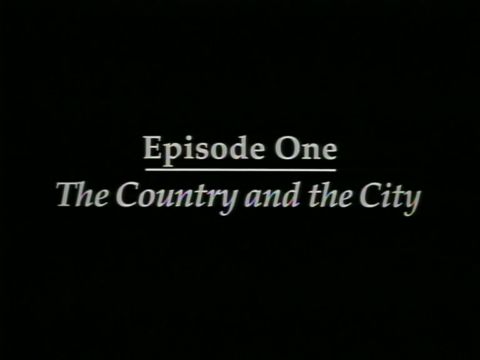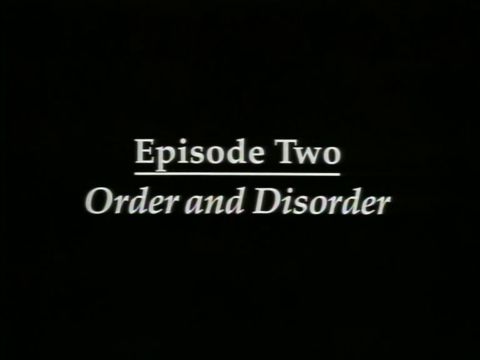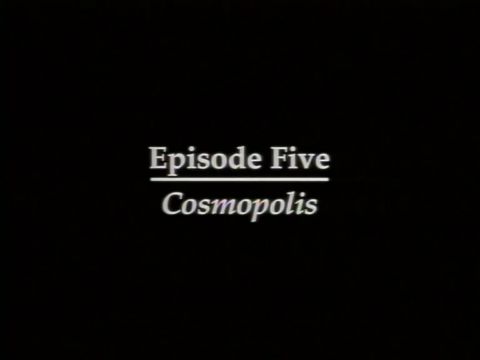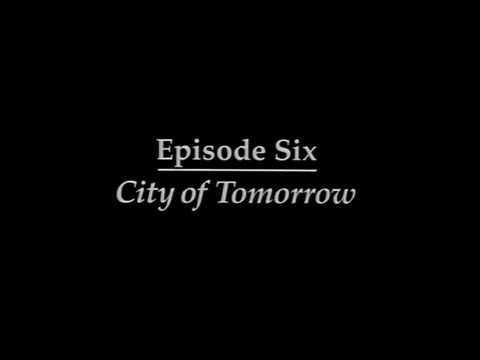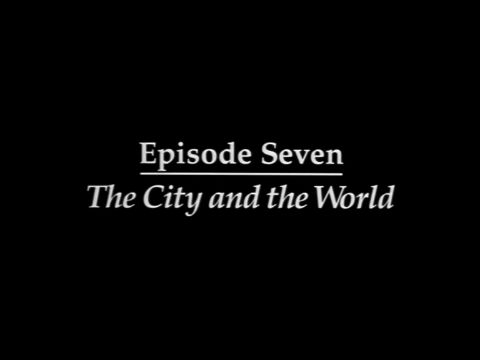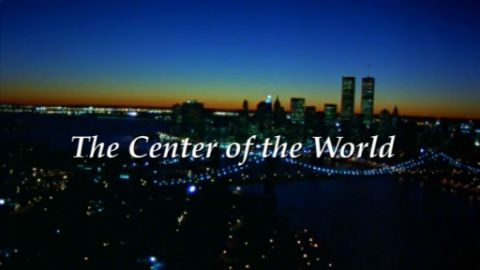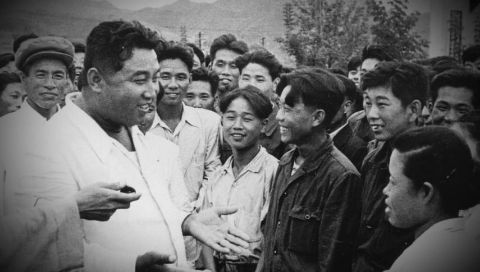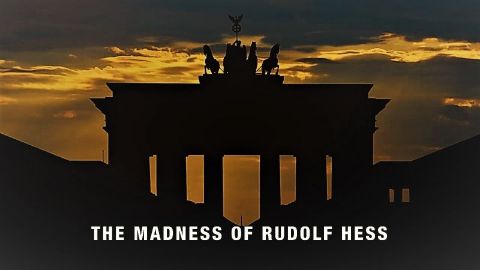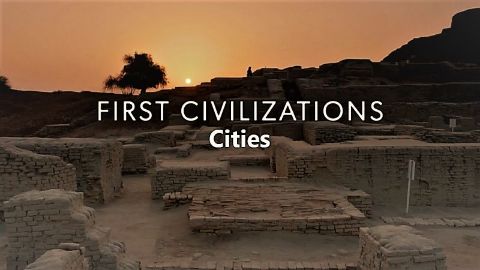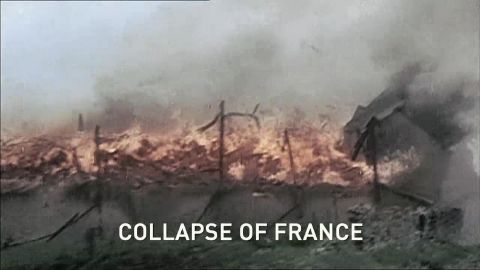The City and the World (1945-2000) • 1999 • episode "S1E7" • New York: A Documentary Film
During the seventh episode of NEW YORK: A DOCUMENTARY FILM, the turbulent and often harrowing years from 1945 to the present are explored. Emerging from the Depression and the Second World War as the most powerful metropolis on Earth, New York soon confronted urban woes of unprecedented proportions, and fought for its very existence. In exploring the social, economic and physical forces that swept through the city in the post-war period, Episode Seven examines the great African-American migration and Puerto Rican immigration of the '40s, '50s, and '60s; the beginnings of white flight and suburbanization; and the massive physical changes wrought by highways and urban renewal -- all of which were directed, to a surprising degree, by one man: Robert Moses. The film comes to a climax with the destruction of Penn Station, the battle over the Lower Manhattan Expressway, the social and fiscal crises of the '60s and '70s, and New York's miraculous revival in the last quarter-century.
Make a donation
Buy a brother a hot coffee? Or a cold beer?
Hope you're finding these documentaries fascinating and eye-opening. It's just me, working hard behind the scenes to bring you this enriching content.
Running and maintaining a website like this takes time and resources. That's why I'm reaching out to you. If you appreciate what I do and would like to support my efforts, would you consider "buying me a coffee"?
Donation addresses
BTC: bc1q8ldskxh4x9qnddhcrgcun8rtvddeldm2a07r2v
ETH: 0x5CCAAA1afc5c5D814129d99277dDb5A979672116
With your donation through , you can show your appreciation and help me keep this project going. Every contribution, no matter how small, makes a significant impact. It goes directly towards covering server costs.
